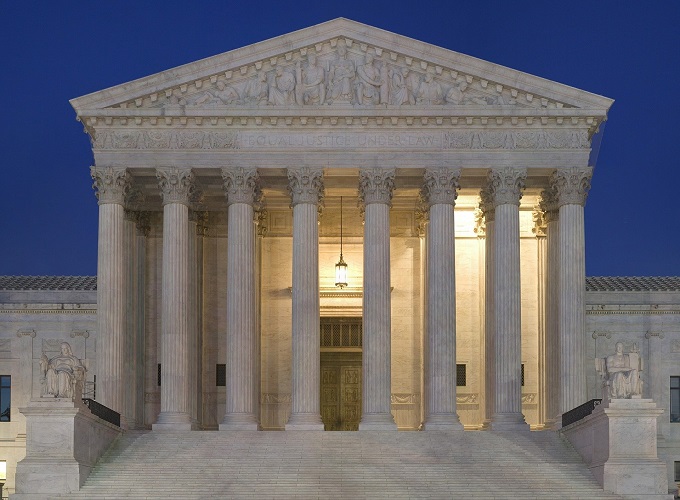Many Americans may be surprised to learn that laws punishing libel as a criminal offense still exist, even though such laws contradict fundamental First Amendment principles.
Frese v. Formella seeks to rectify that error. The case concerns Robert Frese, a New Hampshire citizen who posted negative online comments about a law enforcement officer. Those comments led to charges against Frese under New Hampshire’s criminal libel law. Frese’s case asks the Supreme Court to declare criminal libel laws unconstitutional on First Amendment grounds.
The Institute for Free Speech has filed an amicus brief supporting Frese’s position. As the brief explains, the law of criminal libel raises fears of prosecution for merely speaking, and the threat of prosecution may cause speakers to self-censor. Moreover, prosecutions, even if ultimately dismissed or overturned on appeal, can cause long-lasting injuries to the speaker.
The brief also notes that the supposed longstanding common-law pedigree of criminal libel is grounded in error, reflecting a mistaken view of legal history dating back to the Star Chamber—a view that, in any event, was flatly rejected by early Americans via the public backlash to the Alien and Sedition Acts.
Criminal libel laws still exist in 17 states, and the hostility of these laws to the First Amendment is clear. These laws function as seditious libel and give public officials a tool with which to punish people who criticize them.
The brief details the critical, relevant history surrounding such laws while also demonstrating the unconstitutional dangers that criminal libel laws present.














